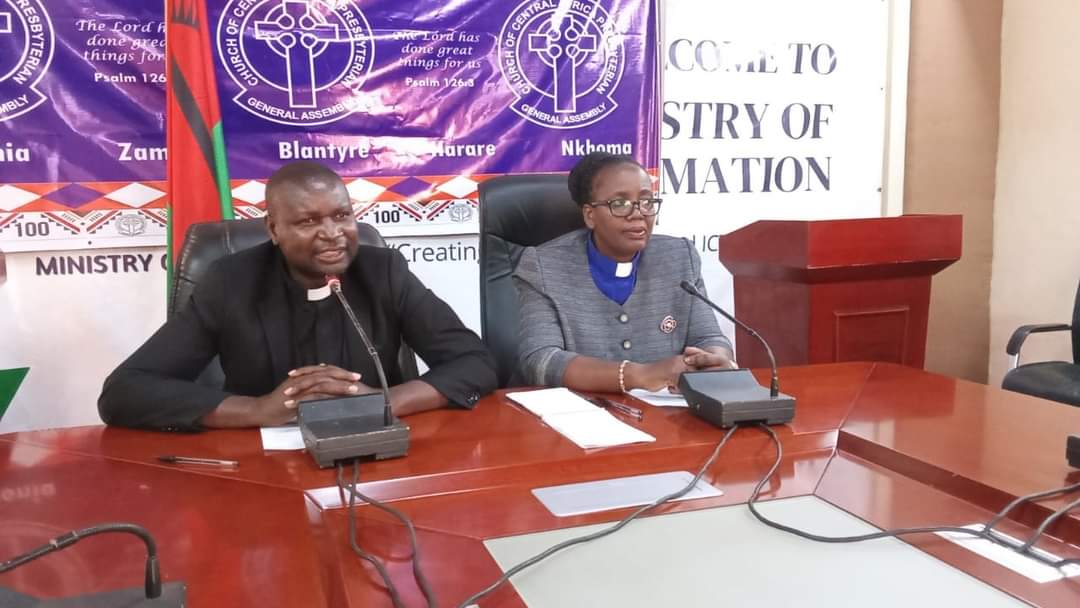
Francis calls for a genuine pursuit of historical truth that avoids both triumphalism and revisionism, connecting Church history with that of all of society.
In a letter presented at the Vatican on November 21, 2024, Pope Francis calls for changes in the teaching of Church history, particularly in seminaries. He wishes to promote an understanding of reality without “revisionism,” without “triumphalism,” and without “dangerous and disembodied abstractions.”
In this text, sent to the Dicastery for the Clergy, the Pope calls for the promotion of “a genuine sense of history,” i.e. “a clear sense of the historical dimension that is ours as human beings” in the formation of seminarians.
The aim is to help priests “better interpret the world in which we live,” he explains.
For the soon-to-be 88-year-old pontiff, cultivating a sense of history provides “a better sense of proportion and perspective in coming to understand reality as it is and not as we imagine it or would prefer reality to be.”
This involves “setting aside dangerous and disembodied abstractions.” It’s about seeing “the real Church” which “continues to learn from its mistakes and failures” and which “even in her darkest moments is conscious of her deepest identity.”
The study of history thus avoids having “an overly angelic conception of the Church,” adds Francis.
Eradicating a “misguided approach” to history that takes refuge in “the triumphalist defense of our function or role,” he also distances himself from any “revisionism” or “cancellation of past history” or “clearly biased historical narratives” that offer a justification for conflicts and other evils.
A “sincere and courageous” search for “historical truth” — and not “cut-and-paste” summaries from the internet, the Pope hints in passing — will help the Church to “help initiate in society sincere and effective paths of reconciliation and social peace.”
For the Argentine pontiff, this also means not leaving the judgment of history to the media, social networks, or political interests.
A history that also speaks of the vanquished
In this 4-page text, the head of the Catholic Church makes a number of recommendations. In particular, he asks teachers of this discipline not to limit themselves to “a purely chronological approach or that of a mistaken apologetics.” He also suggests correcting the tendency towards “overarching reductionism” in this subject, insisting that “Church history […] cannot be disconnected from the history of societies.”
In the teaching of Church history, he calls for “rigor and precision,” but also for the “passion and engagement […] proper to those who are committed to evangelization, and have not chosen a neutral or sterile position.”
The Pope is also the advocate of the conquered and subjected whose traces have been erased over the centuries, seeking to remedy the adage that history is written by the victors.
“Is it not a privilege for the Church historian to bring to light […] the popular faces of the ‘least important’ and to reconstruct the history of their defeats and the oppressions they suffered, together with their human and spiritual riches, offering tools for understanding today’s phenomena of marginalization and exclusion?” he challenges the experts.
A work in progress
Presenting the document, Andrea Riccardi, founder of the Sant’Egidio community, welcomed the Pope’s initiative to revive history, which “has been little valued, always diminished” and sometimes seen as a “suspect subject” in theology studies.
According to the former Italian government minister, who was a professor of contemporary history at various Italian universities, this document restores the prestige of a discipline that was the object of “suspicion” in the Church due to the modernist crisis of the early 20th century. The latter, he explained, sinned through “historicism,” attempting “to devalue the faith, to erase the mystery, to make Christianity a mere fruit of human history.”
As for possible modifications to Church history textbooks, the secretary of the Dicastery for the Clergy, Archbishop Andrés Gabriel Ferrada Moreira, stressed that his dicastery would collaborate with the Dicastery for Culture and Education on the matter. But “the Pope’s proposal goes beyond textual changes; it concerns a change of mentality and approach,” he explained

